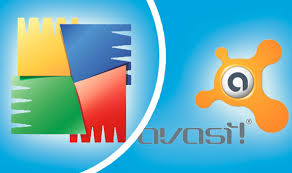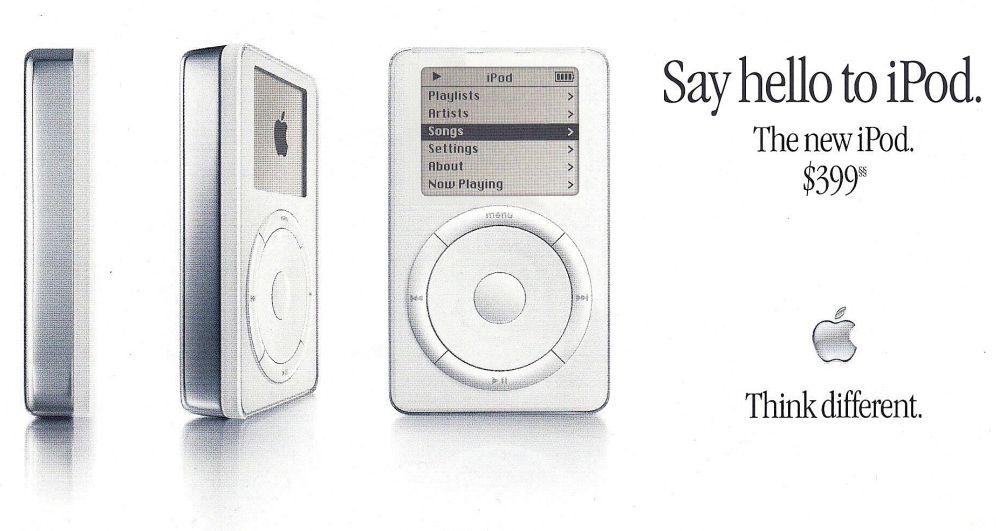There is consolidation happening in the Anti-virus space. After the ForcePoint-Websense-Raytheon consolidation and also the Symantec–Bluecoat & FireEye – iSight mergers, it is Avast and AVG who are merging. That will leave a few big names who will either become Security behemoths or are absorbed by big IT giants like CA and IBM.
By a coincidence, both Avast and AVG are founded in the Czech Republic, and both focus on providing online security to consumers and small businesses. They have been rivals for long especially in Europe. And both have a large base of consumers, with their software on user desktops and mobile phones.
Avast will pay $25 a share in cash for all of AVG’s outstanding ordinary shares, a 33 per cent premium to AVG’s closing price on Wednesday (July 6).
Avast and AVG have a huge opportunity ahead in securing devices connected to the Internet of Things. Gartner has estimated there will be 50 billion connected things by 2020. That’s 5.5 million new things connected to the Internet every day.
I met Vincent Steckler, the CEO of Avast in Europe, last year at CeBIT. And he was also a speaker at CeBIT India 2015.
Hackers are now turning their attention to networks that control infrastructure (such as those used in manufacturing, road traffic and airports). Terrorists are also getting tech-savvy and may eventually target those networks. And with the connected home soon becoming a reality, the last thing you’d want is to be locked out of your house because someone hacked into your home security system.
I have also seen a demo of a how a security company hacked into a Tesla and remotely shut it down on the highway.
So there’s a lot of opportunity for security companies.









